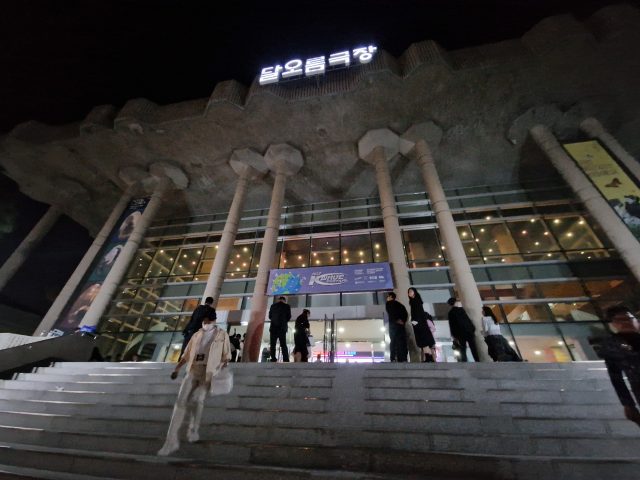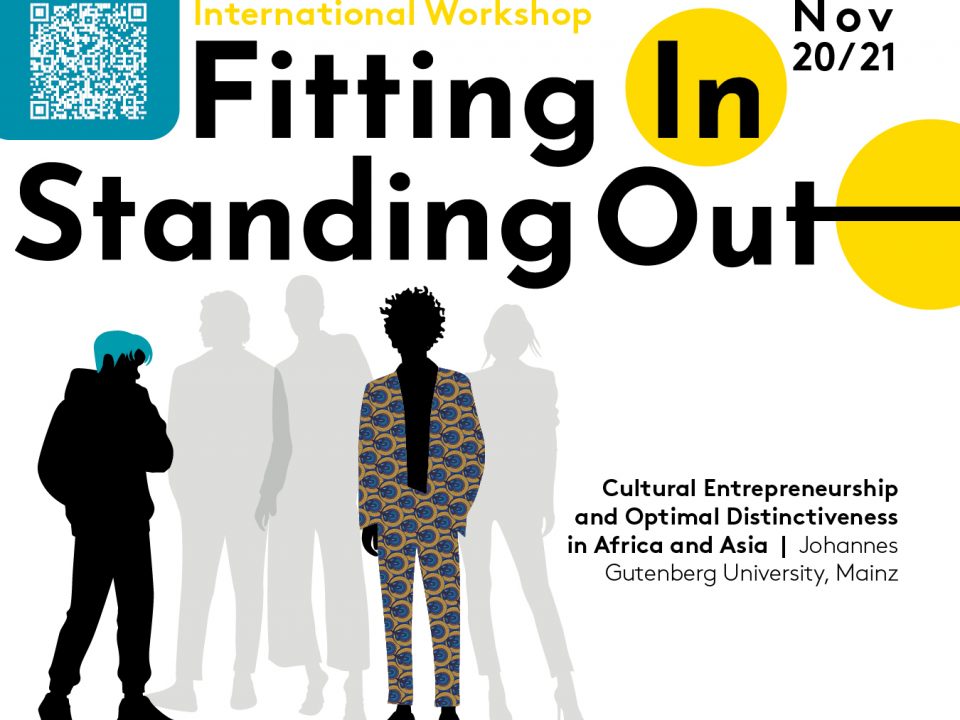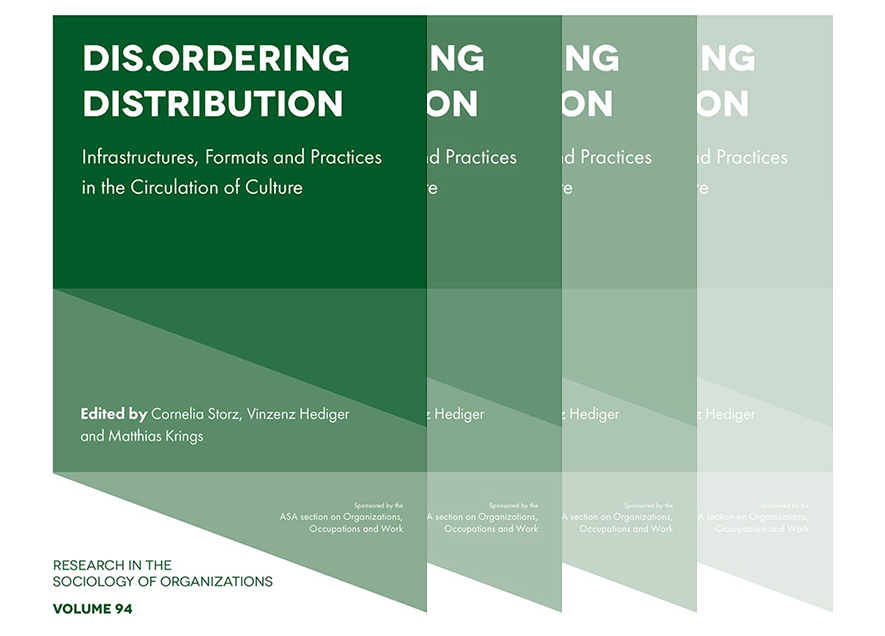A Travel Report: K-Pop and Korean Culture Events in Korea

The Changwon K-Pop World Festival and the K-Community Festivals are held annually and sponsored by the South Korean Ministry of Culture, Sports and Tourism. They call global K-Pop and K-Wave fans to compete in K-Pop related challenges and invite the winners to Korea to perform on the big stage. Tabitha Adler had the chance to visit both festivals in 2023 and witnessed a mix of Korean fan culture, performances of both K-pop stars and fans, and promotion of Korea’s culture, as well as cultural exchange. In the following, she will give an insight into her experience at the two events.
“K-POP IS LIMITLESS!” This was the motto of the 12th Changwon K-Pop World Festival, which is organized by KBS, a national broadcasting network in Korea, and the Ministry of Culture, Sports and Tourism. However, when I tried to get a ticket, I quickly came to realize that there is indeed a limit when it comes to K-Pop; Korean websites. Korean ticketing websites require their users to verify their account with a Korean phone number, which you can only apply for as a Korean resident. While some websites have the option for foreigners to verify with a passport copy, and others offer a separate website for overseas costumers, in case of the K-Pop World Festival neither of these options were available.
However, due to the location of 2023 festival being the public Changwon Yongji Park, curious bystanders and those without a ticket had the option to witness the event from the other side of the fence. After numerous failed attempts to get access to a ticket, I decided to follow the festival from outside.
However, about one hour before the venue opened, an elderly woman called me to the ticket booth and handed me a ticket. She had reserved the tickets for herself, her granddaughters and their friends and had one ticket left over which she gifted me and made sure I would find my assigned seat. A few minutes after sitting down, a girl approached me and asked to switch seats, pointing out her own in the first row. After multiple attempts to find out the reason for this seemingly bad deal on her end, she revealed that she planned to film the event and didn’t want to get caught by the organizers or higher ups of KBS, who were seated behind her.
That is how I ended up in the first row, where I quickly came to experience a part of Korean fan culture that I had only known from platforms like YouTube and TikTok: fan cams. SECRET NUMBER, DKZ, DRIPPIN, Dreamcatcher, KWON EUN BI and ONF were the six K-pop acts that performed throughout the evening. After each idol performance, a fast exchange happened in the seats next to me. Fans with professional cameras switched their position in the first row, making sure they got the front seat when their main group or performer was on stage. Despite cameras and recording being prohibited in the venue, these fans ignored any attempts of the organizers to stop filming. Later, the videos would be uploaded onto YouTube and other social media platforms.
These videos are watched by fans who don’t have the opportunity to attend events and are consumed by K-pop fans globally. Ironically, while it gives those without access to K-pop performances a sense of proximity to the idols, it blocks the fan-idol interaction at the actual concert. Since the fans are focused on getting high quality footage of the performance, they won’t cheer, move, or interact with the performing artists. Overall, I felt more like I was attending a professional video shoot in the first row, rather than being at a concert with an audience of fans.
The main element of the show, however, was the performances of solo and group performances of global K-pop fans from eight different countries: Greece, USA, Spain, Chile, Kazakhstan, Turkey, Australia, and China (Taiwan). The Changwon K-Pop World Festival is hosted by Korean embassies across the world, where they organize a nationwide K-Pop cover dance competition and chose a winner. The organizers in Changwon then pick finalists from these winners and invite them to Korea to perform at the K-Pop World Festival. There they are trained by professional dancers, attend photoshoots, and are styled by K-pop stylists before their final performance, which is hosted and livestreamed by KBS Changwon. The teams compete in one-to-one battles under four categories, “Beyond Fandom,” “Beyond Form”, “Beyond Star” and “Beyond Time”, while the fans can vote for their favorite teams online.
The winner of the grand prize was Pan Hungren from Taiwan, who performed “Seven”, an English song of BTS member Jungkook. He finished the event with an encore stage, which is typical for Korean music shows. Here the winner will perform their winning song, but do it in a more relaxed way without following choreography. All contestants sung and danced together on stage, enjoying the finale of their experience in Korea.
Overall, I experienced the festival as a celebration of K-pop’s global reach, which gave K-pop fans the opportunity to perform and feel like K-pop stars on the big stage for one day.
One week later, I visited the K-Wave Festival 2023 at the National Theater of Korea in Seoul. The event was hosted by the Korean Foundation for International Cultural Exchange (KOFICE), an institution designated by the Ministry of Culture, Sports and Tourism. On the K-Community Festival website, the event is described as “a place of empathy and fruitful exchange, uniting people from around the world who love Korean culture.” The emphasis was put repeatedly on cultural exchange and the celebration of relations between Koreans and K-fans. One examples of this was the presence of both an English- and Korean-speaking host, who ensured the international guests and online viewers could understand what was being said. Another example was the high percentage of international guests in the audience, most likely exceeding the Changwon festival in numbers, despite only 400 seats being available in the theater.
In general, the event was structured much differently. It began with a with the K-Creative Awards, where international K-fans were rewarded as “Global Korean Culture Ambassadors” in the categories “Honorary Reporter”, “K-influencer” and the “Talk Talk Korea Awards”. Each category had between five and eight winners present, who came from countries like Nigeria, Thailand, Philippines, France, Russia and Mexico. They received their prizes due to their efforts to promote Korean culture in their own home country and community through different media, while more members of the global program were present through a Zoom call. Eventually, the ceremony was closed by a performance from the K-pop group SECRET NUMBER, which I had seen perform only seven days before in Changwon.
After a half hour break, the event proceeded with the K-Community Festival, which had the tagline “It’s K-traditional time!” The participants of the K-Community Challenge had to prepare a video in one of three categories: Taekwonmu, K-Percussion and Joseon-Pop. Each category combined a traditional element of Korean culture with contemporary popular culture. In Taekwonmu the participants were asked to perform a mix of dance and Taekwondo with the K-pop song “U” from iKON, K-Percussion combined traditional drums with the song “Icky” from the group KARD, and Joseon-pop merges elements of traditional Korean music with popular music elements. The contestants were asked to include elements of Korean culture and their own cultural identity into the video, before the winners were invited to Korea. Here they got to perform on stage together with their Korean mentors, who were experts in the three categories.
The evening started out with Crisale, a duo from Mexico, who performed together with their mentors from the band AUX the pansori inspired song “Bak taryeong”, followed by Ganghan from Nigeria. The four-member group had won the K-percussion category but revealed that they were passionate K-pop dancers when two of them covered the K-pop song “Rover”. The final winning performance of the night was Artae, a Taekwondo group from China. After each performance and award speech followed a performance from one of the three ambassador K-pop groups LIGHTSUM, KARD and iKON. This was the second time I saw Kard perform in their role as ambassadors, after seeing them at the Korea Brand & Entertainment Expo in Frankfurt in June. It seems that with every official government event that aims to target an international audience, there will be K-pop idols around.
The closing picture of this event once again visualized the “uniting people from around the world” aspect of the K-Community Festival. All winners, mentors, and idols danced and celebrated together on stage, while the singer of the band AUX performed another pansori inspired Joseon-pop song. Overall, I experienced a cultural festival that felt much more celebratory but also inclusive and appreciative. While I enjoyed both events and had a good time, there was an obvious difference in the two themes. One celebrated the success of K-pop on a global scale, while the other brought all kinds of K-fans together and presented a range of Korean traditional and popular culture.
Photo: K-Community Festival at the National Theater of Korea (Korea Nov. 2023)


